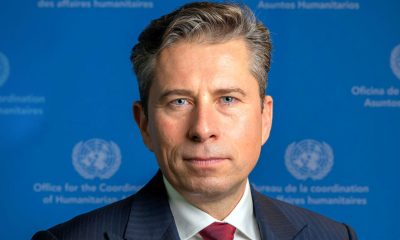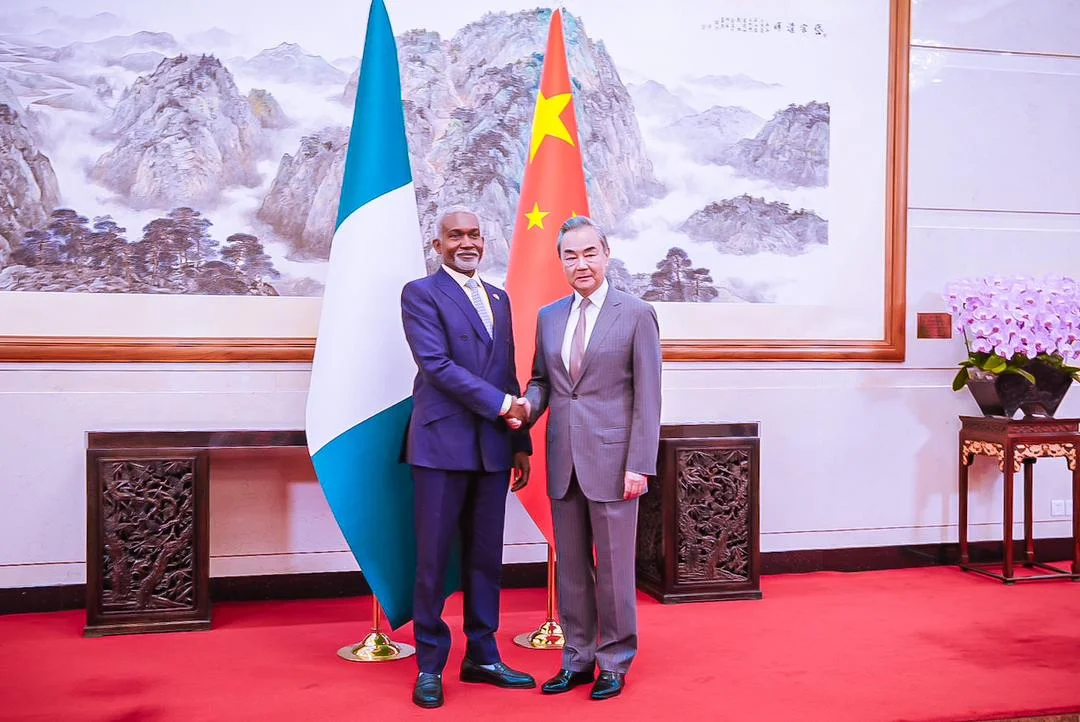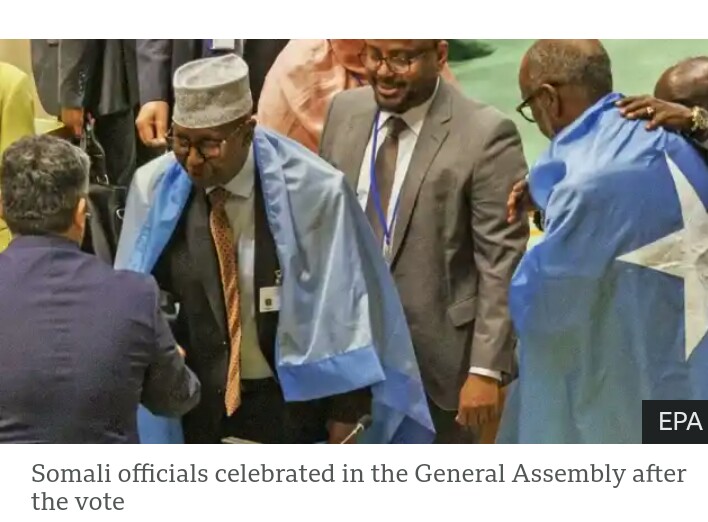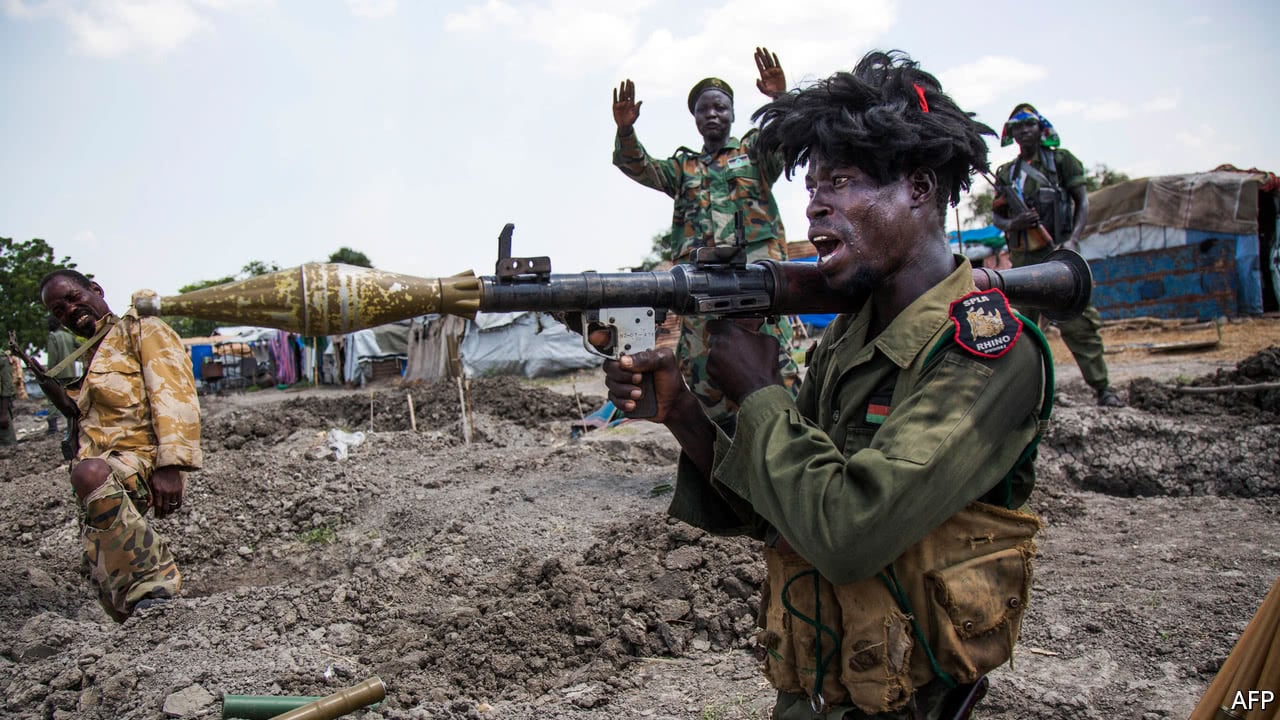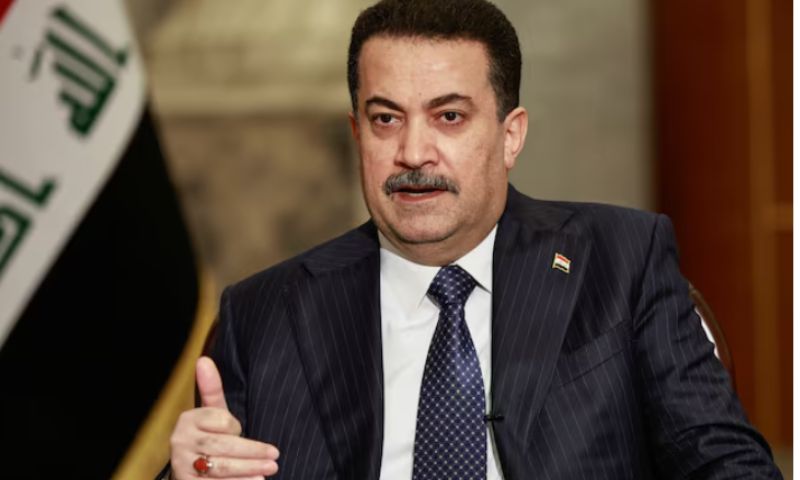world
India to overtake China as world’s most populous nation – UN

India will overtake China as the world’s most populous country in the coming week, hitting almost 1.43 billion people, the United Nations said Monday.
“By the end of this month, India’s population is expected to reach 1,425,775,850 people, matching and then surpassing the population of mainland China,” the UN Department of Economic and Social Affairs said.
Last week the UN’s annual State of World Population report had said the milestone would come by midyear 2023.
India is topping China due to both rapid growth in its own population and a decline in China’s after hitting 1.426 billion last year.
Regarded as the world’s most heavily populated country since the fall of the Roman Empire in the 5th Century CE, China is expected to decline steadily to around one billion people by the end of this century, according to UN projections.
The China data does not include Taiwan, Hong Kong or Macau.
Meanwhile, India’s population “is virtually certain” to continue to grow in the coming decades, according to the United Nations.
The median UN projection sees India hitting 1.5 billion by mid-century — though officials stressed it could be much lower or higher.
China’s fall is heavily tied to decades of maintaining a strict one-child policy for married couples, which ended in 2016.
In addition, its slower growth is attributed to the rising cost of living and the growing number of Chinese women going into the workforce and seeking higher education.
Last year, China’s fertility rate fell to one of the lower levels in the world at 1.2 births per woman.
For India, which has taken much longer than China to get population growth under control, the fertility rate was 2.0 births per woman, just below the 2.1 replacement level.
Yet both countries had about the same level of fertility, just under six births per woman, in 1970, said John Wilmoth, director of the Population Division and the Economic and Social Affairs Department.
“It took three and a half decades for India to experience the same fertility reduction that occurred in China over just seven years during the 1970s,” he said.
A key reason for the difference was Beijing’s one-child policy; another was India’s lower human capital investment and slower economic growth during the 1970s and 1980s, according to the UN.
Wilmoth said that the reason the population report last week said India would surpass China by midyear was that it was using a projection made based on data last year.
The projection announced Monday is based on more recent data — though still a projection, Wilmoth stressed.
“The precise timing of when this crossover occurs is not known for sure and it will never be known,” he told reporters.
Headlines
Pope Francis spends 3rd night in hospital without complications
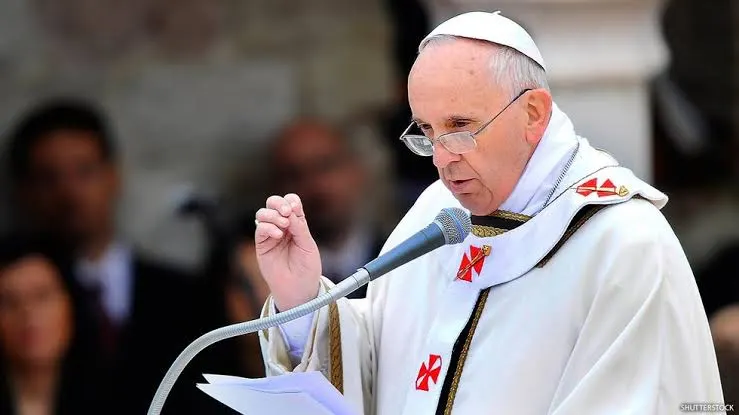
Pope Francis spent his third night in hospital without complications, a Vatican spokesman said on Monday.
He added that the 88-year-old had “a restful night,” breakfasted and read the morning newspapers.
The head of the world’s 1.4 billion Catholics has been hospitalised in a Rome hospital since Friday and is, according to the Vatican, suffering from bronchitis.
Concerns about the pope’s health had grown over the past week, as his voice repeatedly faltered during public appearances and he rarely left his Vatican residence.
Doctors had been recommending that he go to hospital for treatment for some time, according to media reports.
Part of the native Argentinian’s right lung has been missing since his youth, and he has frequently complained of respiratory problems.
Doctors have ordered “absolute rest,” the Vatican said.
It initially said that Francis would spend five days in hospital, but there is now speculation that it could be longer.
As a result, Francis had to cancel all his planned appointments over the weekend and at the start of the week.
Earlier, a news bulletin on the pope’s health, issued by the Vatican, said his condition was “stable.”
world
Xi Jinping Calls for Unity, Peace at Asian Winter Games Opening
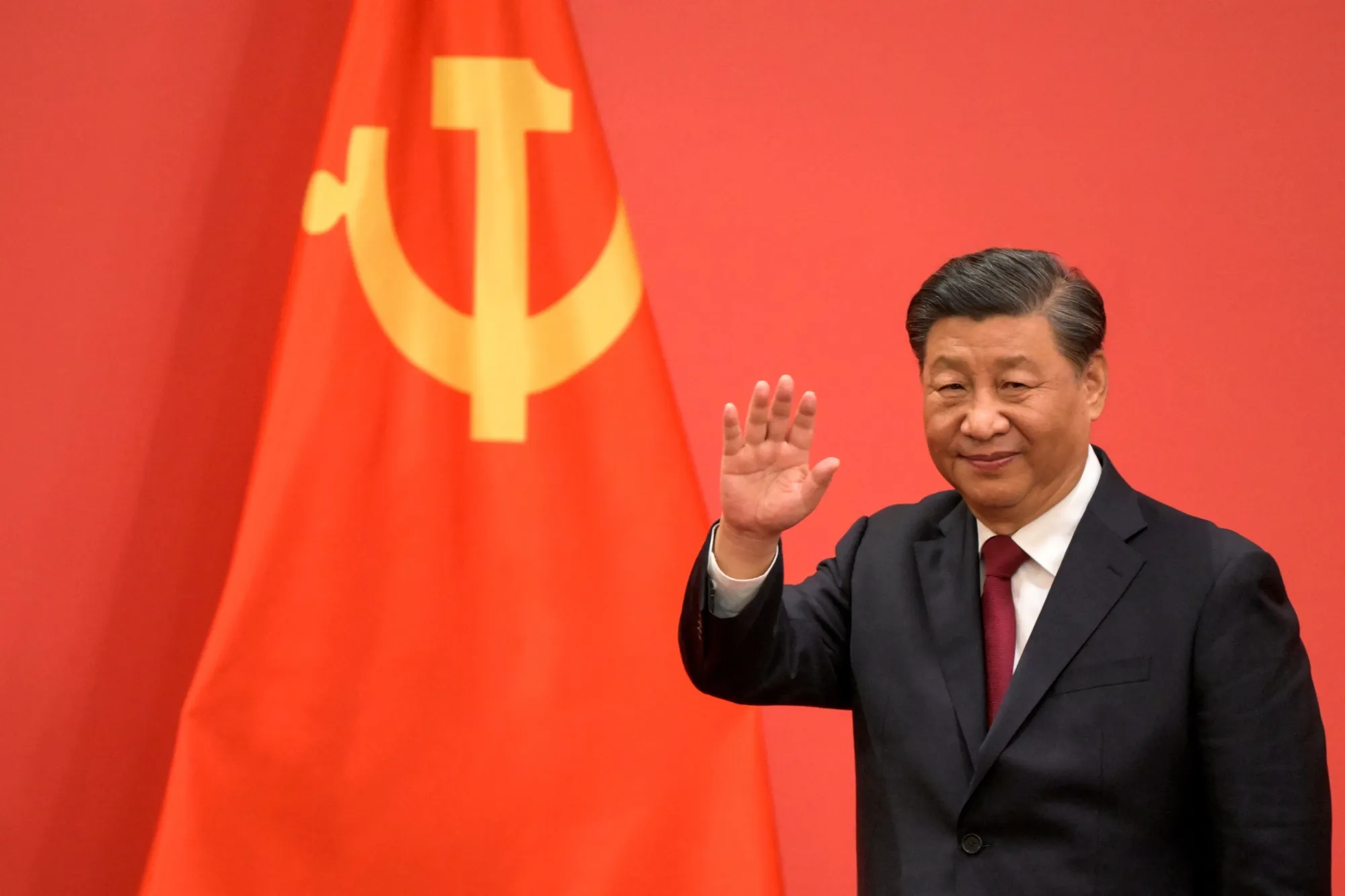
Chinese President Xi Jinping has urged global unity, inclusiveness, and cooperation to foster human civilization, emphasizing that peace is as pure as ice and snow.
Speaking at the inaugural banquet of the ninth Asian Winter Games in Harbin on Friday, Xi underscored the significance of the event, themed “Dream of Winter, Love among Asia,” as a symbol of shared aspirations for peace, development, and friendship across the continent.
“The cauldron of the ninth Asian Winter Games will be lit tonight. From the Olympic Winter Games Beijing to the Asian Winter Games Harbin, the passion in China for ice and snow has swept across the nation,” Xi said. “It has also invigorated winter sports globally.”
Highlighting the record-breaking participation of 1,275 athletes from 34 countries in 64 events across 11 sports, Xi expressed confidence in the success of the Games.
“I believe with the joint efforts of the Olympic Council of Asia and delegations from all participating countries and regions, Harbin will present to the world a great sports event that is distinctly Chinese, uniquely Asian, and spectacular,” he stated.
Xi also stressed the need for global collaboration in addressing security challenges and promoting economic growth.
“No matter how the international landscape evolves, we should join hands together to meet all kinds of security challenges and contribute Asian strength to building an equal and orderly multipolar world,” he said.
Encouraging unity in economic development, Xi drew a parallel between winter sports and global progress.
“Winter sports are fascinating because they require passion and collaboration. We should work together to promote progress and development, and provide sustained drive for a universally beneficial and inclusive economic globalisation,” he said.
He further emphasized Asia’s role as a melting pot of civilizations, calling for inclusiveness and cultural exchange.
“Every snowflake is unique, and every civilization is distinctive. Asia is a convergence of the world’s diverse civilizations. We should promote inclusiveness, coexistence, and mutual learning, and contribute more to the development and progress of human civilization,” Xi said.
Describing Harbin as the birthplace of China’s modern winter sports, he highlighted its transformation into a hub for ice and snow culture, boosting the city’s economy and global relevance.
“We feel truly that ice and snow are as valuable as gold and silver. The ice and snow culture and economy are becoming new driving forces for the high-quality development of Harbin and a new bond linking the city and the world,” he added.
Welcoming guests to experience the city’s charm, Xi referenced the Chinese zodiac, expressing hope that the Year of the Snake would bring wisdom and vitality.
“I wish all athletes excellent performance with the agility of the snake. May you all have beautiful and unforgettable memories of ice and snow in Harbin,” he concluded.
The ninth Asian Winter Games, running from February 3 to 14, is the largest edition in history, showcasing the growing prominence of winter sports in Asia.
Headlines
Trump Victory Sparks Celebration in Florida, Disappointment for Harris Supporters

Jubilant supporters celebrated Donald Trump’s apparent victory in Florida early Wednesday as he claimed a return to the White House, despite most major news networks holding off on officially calling the race.
At an event in Palm Beach, Trump supporters reveled in the win projected by Fox News, cheering as the former president declared a “political victory that our country has never seen before.”
“I feel extraordinary,” said 68-year-old supporter Ted Sarvanis, dancing with arms in the air. “This is the greatest American political story in the history of the country.”
Joined by running mate J.D. Vance, Trump took the stage, celebrating his projected win. The atmosphere at the convention center was electric, with supporters sporting “Make America Great Again” caps and mingling in formal attire and Trump-themed clothing.
“I feel relieved. I was a little bit scared because you never know how things are going to turn out,” said Stacy Kurtz, 45.
In contrast, a far different scene unfolded for Vice President Kamala Harris’s supporters at Howard University in Washington, where they were hoping for a Democratic win.
As the night wore on and Trump gained electoral votes in key battleground states, disappointment swept through the crowd.
“I am scared, I am anxious now,” said Charlyn Anderson earlier in the evening.
Democratic watch parties in places like Atlanta and Pennsylvania grew somber as results rolled in, with Lynn Johnson, 65, expressing concern, “It’s going to be dangerous if he wins. I don’t feel safe.”
While Trump’s supporters celebrated a comeback, the mood among Democrats was marked by worry and disbelief.
“He’s a terrible candidate, so it just doesn’t make sense,” said Harris supporter Ken Brown.
The contrasting scenes highlighted the nation’s deep political divide on election night.
-

 Headlines4 years ago
Headlines4 years agoFacebook, Instagram Temporarily Allow Posts on Ukraine War Calling for Violence Against Invading Russians or Putin’s Death
-

 Headlines4 years ago
Headlines4 years agoNigeria, Other West African Countries Facing Worst Food Crisis in 10 Years, Aid Groups Say
-

 Foreign4 years ago
Foreign4 years agoNew York Consulate installs machines for 10-year passport
-

 News1 year ago
News1 year agoZero Trust Architecture in a Remote World: Securing the New Normal
-

 Entertainment3 years ago
Entertainment3 years agoPhyna emerges winner of Big Brother Naija Season 7
-

 Headlines2 years ago
Headlines2 years agoNigeria Customs modernisation project to check extortion of traders
-

 Entertainment2 years ago
Entertainment2 years agoMovie download platform, Netnaija, announces closure
-

 Economy2 years ago
Economy2 years agoWe generated N30.2 bn revenue in three months – Kano NCS Comptroller


